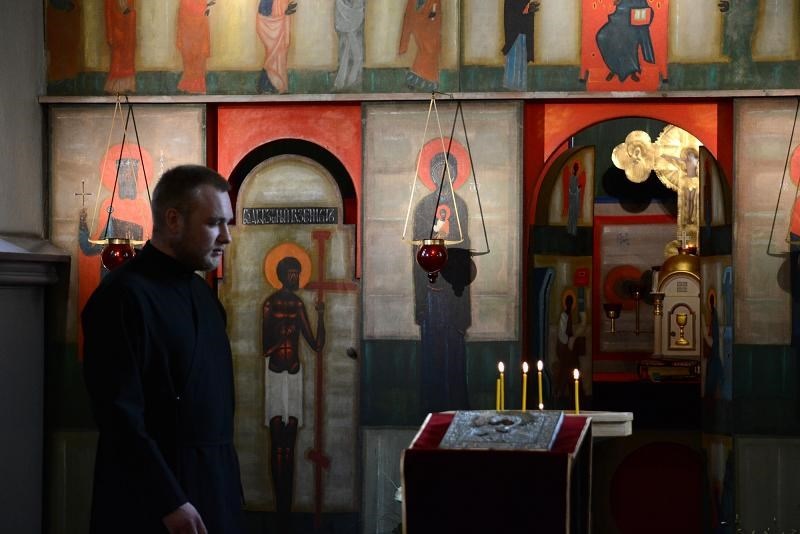The building of the present-day clerical seminar used to be a Renaissance palace built at the beginning of the 17th c. for Bernard Suchorabski. In the mid 17th c. the southern and northern façades were embellished with medallions depicting historic rulers of Poland and emblematic presentations of their reign. The medallions formed a decorative frieze which has survived to the present day.
In 1700 the property was purchased and adapted for the needs of a clerical seminar by St. Vincent de Paul’s Congregation of the Mission, who came to Lublin to provide teaching and training courses for seminarians and priests. The Baroque Church of Transfiguration of Christ was built next to it in the years 1719-1730.
Works on the interior of the church, founded by Jan Tarło, lasted over 20 years. Famous artists and sculptors, Eliasz Hoffman, Sebastian Zeisel and Szymon Czechowicz, created the altars and ornamental furnishings of the temple. The church and its interior décor have remained almost unchanged to the present day. The only modification is the neo-Gothic chapel added in the 19th c., which features an iconostasis painted by Jerzy Nowosielski.





